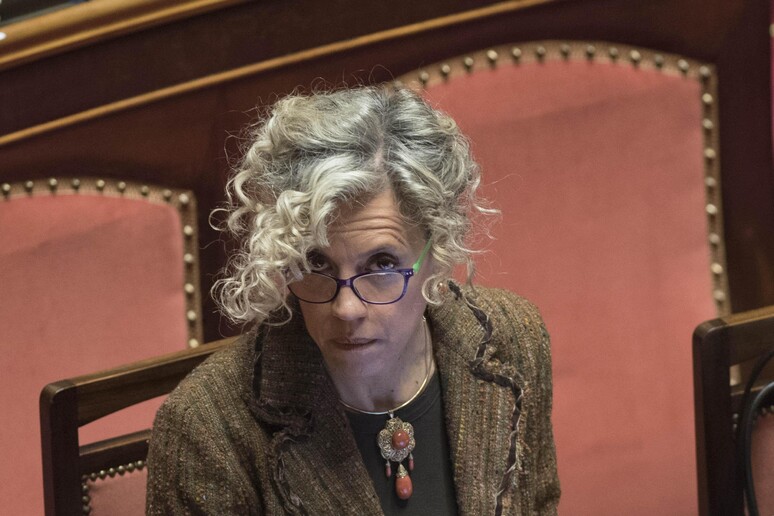Italy's civil unions bill faces
voting in Senate this week, and is divided into 19 articles with
two parts, one dealing with civil unions and the other with
cohabitation.
Following are the main points:
- ADOPTIONS. Gay couples can't adopt children, but, the
bill provides for the so-called "stepchild adoption". If one of
the partners already has a child or children, the other partner
can adopt that partner's child or children and the children thus
can grow up in the new family, but only if the other biological
parent is absent or no longer living. Stepchild adoption is
already permitted for heterosexual couples through Article 44 in
the law on adoptions. Stepchild adoption is one of the key
components creating controversy and partisan division for this
bill. In Italy, the Rome Juvenile Court in 2014 rendered a de
facto stepchild adoption decision when it said that no law
expressly prohibits a same-sex partner from adopting his or her
partner's child or children, given that the primary objective is
"the higher good of the minor", thus allowing adoption by a
woman whose female partner gave birth through assisted
reproductive technology.
- CIVIL UNIONS. A same-sex couple can register a civil
union at city hall with two witnesses present. The union is
certified by a document that contains information about the
identities of the individuals, their marital property regime,
and residency. The couple can choose one of their two surnames
or decide to use both.
- IMPEDING CAUSES. A civil union cannot take place if any
of the following circumstances apply: if one of the individuals
in the couple is still married, if one of the individuals is
younger than 18 years old (unless otherwise authorised), if one
of the individuals has been declared mentally infirm, if the
individuals are related by blood, or if one of the individuals
has been convicted of murder or attempted murder of the other
partner's spouse.
- LEGAL REGIME. Italy's civil code is the basis for
governing the rights and reciprocal responsibilities of the
couple, including children, residency, financial obligations,
familial abuse, interdictions, dissolution of the union, and
pension reversibility (the proportion of the pension transferred
to the beneficiary's survivor). However, several amendments
exclude this reference, and it is one of the parts of the bill
that could be significantly modified.
- RECIPROCAL ASSISTANCE. The same-sex couple is given the
same rights as heterosexual married couples in terms of health
assistance, imprisonment, joining or separation of assets,
cosigning a rent contract, and pension reversibility. Proposed
amendments might modify this part of the bill.
- DE FACTO COHABITATION. The law recognises some of the
basic rights already provided for by law, including cosigning a
rent contract, assistance in hospital, temporary support of an
ex-partner in financial difficulty, as well as the opportunity
to decide on an asset regime through a notarised cohabitation
contract.
ALL RIGHTS RESERVED © Copyright ANSA











